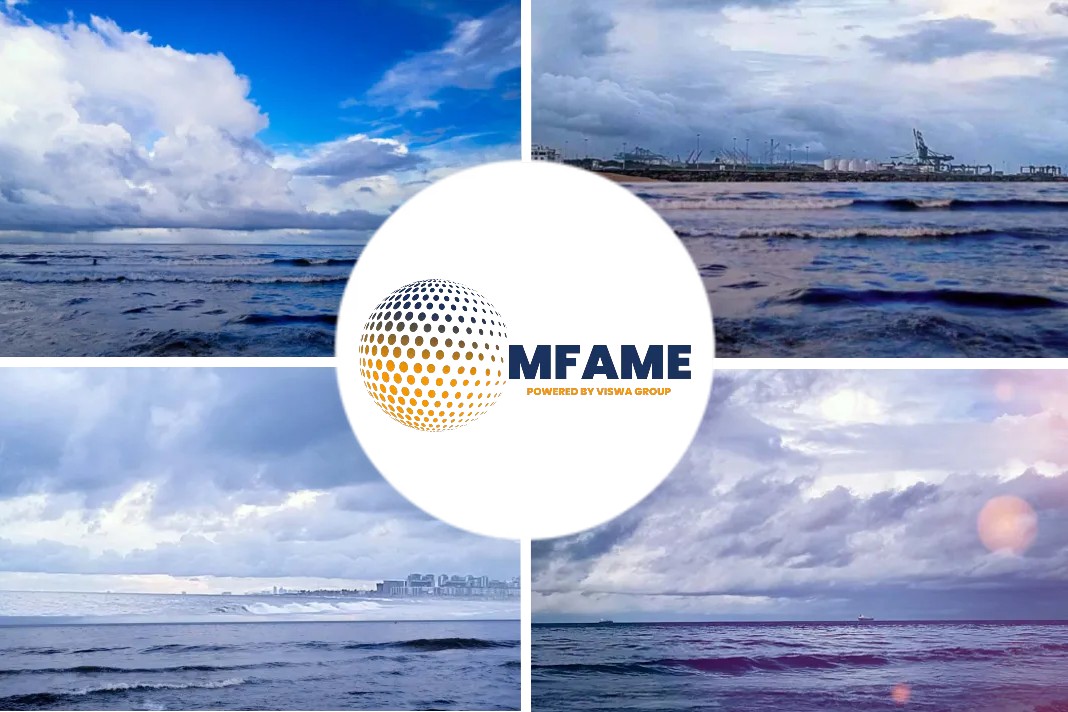
Over 10 years since the Hong Kong Convention adoption, shipowners face decisions on reselling or recycling due to aging fleets, market trends, and green regulations. Get insights on global rules, Convention status, EU-approved yards, and contractual shifts in our newsletter.
Global Legal Frameworks
The Waste Shipment Rules
Internationally, waste export/import regulations are primarily governed by the 1989 Basel Convention, integrated into EU law as the Waste Shipment Regulation. These rules encompass all types of ‘waste,’ including vessels destined for recycling or disposal.
The Basel Convention and Waste Shipment Regulation apply to cross-border waste transport, aiming for ‘environmentally sound management’ per global and national laws. Vessels set for recycling face possible bans or intricate administrative demands based on involved states and onboard substances.
Responsibility, per broad definitions, falls on both the exporter (vessel owner) and waste ‘producer‘ If a vessel is sold to an interim cash buyer before recycling, the seller could be deemed the ‘producer,’ liable for buyer non-compliance post-sale.
Navigating Complexities
The rules bring about additional complexities, particularly concerning vessels. Stringently applied, this can even restrict a vessel’s movement within export waters, regardless of its operational status.
Importantly, these waste shipment rules are inapplicable without cross-border movement . If a vessel’s recycling decision is made while it’s in international waters , traveling directly to a recycling facility exempts it from these rules.
In 2009, IMO adopted the Hong Kong Convention as a special regime for the recycling of vessels. In the IMO Secretary-General Mitropoulos’ words, the new convention aimed to strike “the right balance between the responsibilities and obligations of ship owners, ship recycling facilities, flag and recycling States, [to allow] for future improvements and [to provide] a platform and an avenue for better regulation, in due course, of the activity it addresses“.
Comprehensive Approach
- The Hong Kong Convention covers ships over 500 GT registered in contracting parties’ states, applicable regardless of location during recycling. Unlike waste shipment rules, it doesn’t concern cross-border movements. Registered owners, including disponent owners, must adhere. It lacks the ‘waste producer’ concept, offering clarity on responsibility.
- Unlike Basel, the Hong Kong Convention uses a ‘cradle-to-grave’ approach, setting ship construction and operation rules for eco-friendly recycling prep. Owners must maintain an Inventory of Hazardous Materials (IHM), face inspections, and recycle solely at approved facilities by classification societies based on a Ship Recycling Plan.
- EU’s 2013 Ship Recycling Regulation, aligned with Hong Kong Convention but stricter, mandates recycling only at EU Commission-approved facilities listed in the ‘European List.’
Progress Check
Despite over 15 ratifications, the convention’s global share is under 30%, falling short of the 40% requirement. While not yet international law, much of the industry aligns with it, supported by key organizations like BIMCO, Intertanko, and International Chamber of Shipping, maintaining its initial ambitions.
The EU’s Approval
- The Regulation demands impermeable floors with drainage, posing issues for South Asian yards using the ‘beaching method’.
- This method lacks effective measures to prevent hazardous substances from entering the marine environment, hindering EU approval. In 2022, Marprof Environmental’s report hinted at EU Commission flexibility towards the beaching method.
- Despite no major yard failures in 2019 inspections, inadequate external infrastructure impacted approvals.
- The December 2022 10th European List review included 45 yards (38 in Europe), disappointing Indian facilities by exclusion.
- Notably, two Turkish yards were removed due to poor employee protection and transparency on dismantling.
- The update underscores the need for constant adherence to strict criteria for EU-flagged vessel recycling approval.
Contractual Developments
In 2012, BIMCO introduced RECYCLECON, anticipating swift Hong Kong Convention ratification. To address waste shipment rule application, contract parties needed clauses covering related obligations and liabilities.
To address seller liabilities under waste shipment rules, ‘further-trading‘ clauses often appear in MoAs for used tonnage, obligating the buyer to trade the vessel post-sale. While no widely accepted trading clause exists, BIMCO is set to release an anticipated On-trading Clause for MoAs in April 2023.
EEXI Agreements and Rules
The EEXI framework for energy efficiency and CO2 emissions in ships over 400 GT introduces potential waste shipment rule triggers via charter party agreements. Splitting retrofitting costs between shipowners and charterers could inadvertently incentivize vessel scrapping.
Charterers should be cautious of arrangements where shipowners are motivated to recycle if retrofitting costs outweigh benefits, risking ‘waste producer‘ classification under applicable rules. Both parties should carefully craft EEXI compliance and retrofitting agreements, with charterers considering green recycling clauses or safeguards against post-redelivery non-compliance.
Persistent compliance and reputational risks
Instances like the Norwegian Tidecarrier/Harrier case highlight owners facing legal consequences for flouting waste shipment/recycling rules. Despite hope in the Hong Kong Convention, current global adoption remains insufficient, and the Basel Convention and Waste Shipment Regulation still govern non-EU flagged vessel export/import.
European shipowners, while investing in yard improvements, find South Asia’s recycling costs more attractive due to higher European costs and limited EU yard capacity. At Gorrissen Federspiel, we offer comprehensive guidance to owners, charterers, recyclers, and stakeholders on vessel sales, green recycling, compliance, and risk mitigation.
Did you subscribe to our daily newsletter?
It’s Free! Click here to Subscribe
Source : Mondaq





















